Everything About Education at Vocational Schools

A vocational school is a sort of educational establishment that may relate to secondary or post-secondary education, depending on the country. This sort of establishment is also known as a trade school, career center, and career college. For example, Emeralds Career College is a private vocational school that has been approved by the California Bureau of Private Postsecondary Education to operate. The college is intended to give vocational education or technical skills necessary to perform the requirements of a specific career.
More About Vocational Education
In general, vocational education provides an excellent chance for young people to get hands-on experience and skills for the career of their choice. This sort of education comprises courses and instructional classes that teach learners the specialized skills necessary to accomplish a given vocation. Students not only learn but also work on actual tasks with a skilled mentor while attending a vocational school. This enables them to make valuable strategic partnerships and acquire jobs faster than a typical university student.
Secondary Vocational Education
Secondary education is the stage of education that follows primary school. Admission to institutes of secondary vocational education is based on competitive applications filed by people having at least a primary general education, as required by law. In the case of secondary education, vocational schools differ from academic high schools in that they often educate pupils to seek university education rather than enter the job directly.
Post-secondary Vocational Education
Postsecondary education, also known as higher education, is the degree of education that follows the graduation of secondary education, often known as high school. Universities and colleges, as well as trade and vocational institutions, are examples of postsecondary education. Postsecondary vocational education typically lasts from one to two years. It focuses on providing job-specific training to students who are often destined for a future in one of the skilled crafts rather than offering academic instruction to students pursuing careers in a professional area.
What Are the Differences Between Academic and Vocational Education?
Vocational education is an excellent method to learn job-ready skills and prepare for a rewarding career. In contrast, most academic schools educate theoretical knowledge and broad-based research abilities. Here are some reasons why a high school graduate could choose vocational school rather than a typical college study:
Duration. As previously said, vocational schools endure no more than two years, whereas a bachelor’s degree at a college takes four years. At least 40% of students do not graduate within these time constraints. As a result, vocational schools are more accessible.
Cost. Tuition, supplies, accommodation, and food are unquestionably more expensive in academic schools than in vocational colleges. That is why young people choose vocational education over a college education.
Skills. Compared to academic schools, where education is more theoretical, vocational schools provide more in-demand skills that are typically more important for future professionals than lectures or indoor classes. When entering a new career, practical skills assist you in getting off to a better start than theories.
Job opportunities. Vocational schools prepare students for “blue-collar” employment, which is believed to be more profitable than “white-collar” office jobs, for which experts are educated at academic institutions.
According to the United States Department of Education, “academic schools teach the science behind the occupation, whereas vocational schools focus on hands-on application of job-related skills.”
Jobs Available Following a Vocational Education
Vocational programs focus on three areas to prepare students for careers: academic skills, employability skills, and technical, career-specific abilities. Students who complete vocational education can pursue the following employment opportunities:
Web Designer. These IT specialists build websites, including the overall look and page layout.
Electrician. These professionals employ devices to repair and maintain electrical systems in various structures, including corporate offices and private houses.
Plumber. Plumbers install and repair pipe systems that transport liquids and gases in homes, business buildings, and industrial sites.
